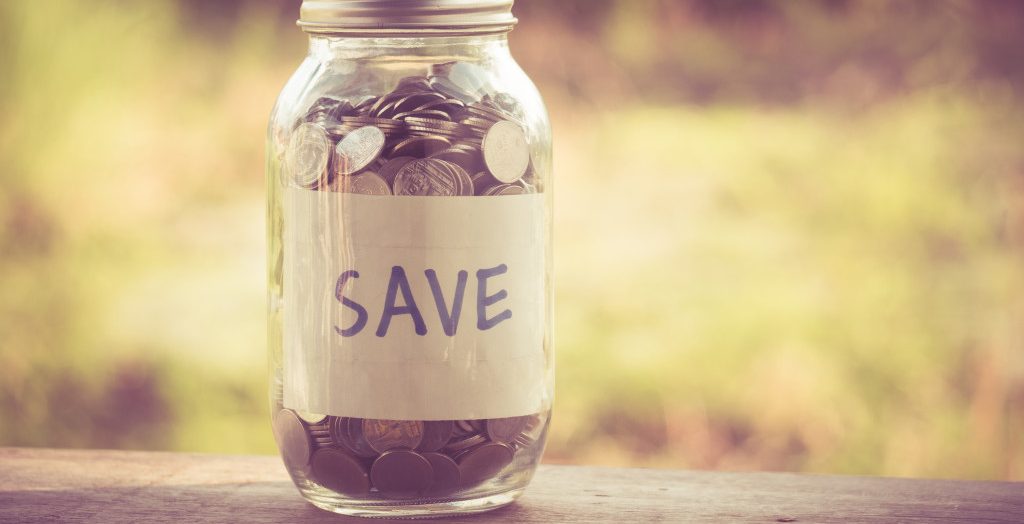In almost every aspect of human society, a pandemic or catastrophic global event can take a significant toll on several industries. While there are industries that can still grow and maintain their current workforce, there are also industries that need to lay off workers since they have gotten a plummet of foot traffic and sales.
Naturally, in a time of a public health crisis, it’s going to be hard for some people to save when they need to reach out to their life savings to stay afloat. Although individuals can save, especially those that don’t have any monthly spending, most homeowners and business owners need to spend a month on their employees, loans, and bodily essentials.
For individuals living lavish lifestyles, they will need to re-evaluate their spending and monthly expenditure. That is easier said than done when most of these monthly expenditures are essential in keeping a business going or when you have to support your family. People are faced with a dilemma of either having to cut their costs or bleed their bank dry from monthly spending.
But in the face of a national ordeal, what are some excellent ways of ensuring that you’re still able to save and continue to grow your savings despite the pandemic?
How Do You Save in a Pandemic?
While most Americans will receive aid from the government, especially if they are unemployed, this isn’t going to last long, especially if you need to spend for you and your family.
Focus on Your Expenses

Typically, there are three expenses that you will need to focus on. By focusing on these costs, you’ll be able to save a significant amount of funds. Here are some practices that can help you cut your monthly expenses:
- Rent — Most of the time, our monthly income will usually go to our lease. Some experts would say that rent should account for 30% of your monthly income. If you’re a business owner, you’ll need to keep in mind rent for your commercial space. There are instances that landlords will ask for a percentage of your retail space’s income. With everything that’s happening with the pandemic, you can always negotiate a lower rent with your landlord. Being transparent with them about your hard financial times will help them understand your current situation. It will be counter-intuitive if you get into a misunderstanding with your landlord.
- Eating outside — For people who live in regions that supposedly do not have any cases of a contagious disease or endemics, eating out can still be the norm. Eating outside can be exponentially more expensive than just eating at home. On average, restaurants and commercially-prepared meals will set you back $13. Typically, a meal that’s made at home will only set you back at around $4. If this is the case, then you can save up $9 every meal. That’s $27 a day, $810 in a month. With $810, you will already be able to pay for several monthly expenses, including rent, insurance, and payroll.
- Impulsive spending — Remember, money and numbers are two sides of the same coin. Most of the time, people think with emotions when pondering on getting something they want. One of the best ways of ensuring that you won’t be able to spend on additional products is by budgeting your funds for essentials instead. If needed, you can only bring with you on-hand money necessary for groceries to avoid the temptation of spending.
If temporarily closing down your business is out of the question and you’re having trouble with financing your employees, it might be time to start commissioning the services of a payroll service, which can help with rolling out payments and doing the necessary financial work for you.
Emergency Fund
These can come in many shapes and sizes. Either you have a bank that you slowly place money in, or a piggy bank with all the funds you need for a rainy day.
The best way to calculate your emergency funds is by focusing on the minimum expense that you need to get through the day while cutting off anything that isn’t necessary.
Get Self-Sufficient
It might not seem much to be spending on food and other essentials, but these can still add up, especially since you’ll need to eat three times a day, 30 days a month.
Since most individuals are urged to stay inside their homes, you can experiment with your garden by planting some self-sufficient crops. You will gain some much-needed supplies for food, but now you have a self-sustaining garden than you can use throughout most of the year.
Cutting your monthly costs and growing your bank amid the pandemic is possible, despite how grim the economic forecast might seem. You don’t have to be too anxious about your finances. With the knowledge of counteracting transmissions, most businesses and states have started to reopen. As long as individuals are obeying laws and regulations, the economy will start picking up again.






